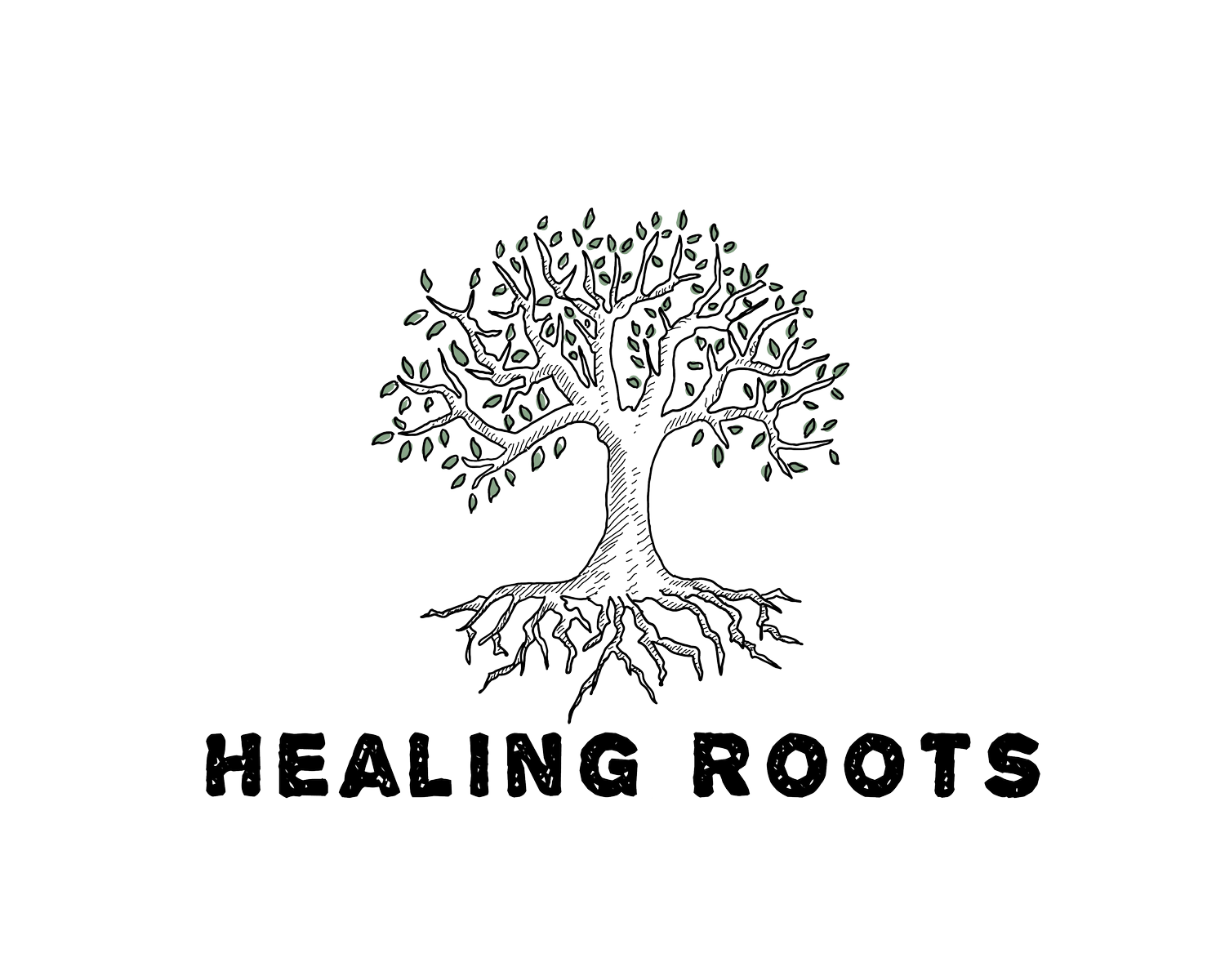EMDR
What is EMDR?
Interpersonal, structured therapy used to help heal trauma and PTSD.
Evidence-based therapy that began use in the 1990s
Helpful in treating anxiety, depression, OCD, chronic pain, addictions, and other distressing life experiences.
Helps heal the trauma underlying current mood disorders and behavioral challenges
Works to re-integrate the fragmentation that trauma causes in our body, cognitions, and emotions.
How does it work?
Bilateral stimulation to activate both hemispheres of the brain to engage the reprocessing of memory and allow healing
A structured yet flexible protocol where the therapist will guide you through a series of questions to prompt you to remember a traumatic event- things like what picture comes to mind, are you having any body sensations, what emotions come up as you remember.
You will then “have one foot in the past and one foot in the present” as you focus briefly on the trauma while engaging with bilateral stimulation and brief sharing with the therapist about what you are noticing in your thoughts, body, and emotions.
EMDR operates from the premise of your brain and body wanting to heal. You are the one in charge as we move through remembering and healing. The therapist is a guide with many tools in their tool belt to help facilitate the process and ensure that you have the resources and grounding you need as your body is given the environment to remember, rewire, and heal.
Why EMDR?
Evidenced-based
Fast results
3 parts- includes the body, emotions, and your memories
Helps get at the “sticky” stuff- the cycles, patterns, and traumas you circle and seem to repeat time and time again in a way that talk-therapy sometimes misses
The client determines the pace and the amount shared… the healing still occurs through structured EMDR even if a client doesn't want to voice/share all of the aspects of what they experienced.
What’s the format?
50-55 minute sessions, 90 minute sessions, or intensives:
EMDR can take place in traditional 50-55 minute therapy sessions. Generally 3-5 sessions take place for assessment, history taking, and resourcing/coping skills development. The next phase of treatment is “reprocessing” where we will use the structured protocol to facilitate healing and integration of traumatic memory.
Reprocessing sessions can also be scheduled for 90 minute sessions in order to reprocess traumatic events more quickly and within one therapy session versus spanning several sessions.
An EMDR intensive is another flexible offering to allow working through a specific theme or multi-part memory in one longer session. These are ideal for clients who desire in-person work and who are committed and ready to carve out the time and space to “do the work.”
Is EMDR done through Teletherapy or In Person?
both! EMDR is achievable and absolutely possible through video session in the same format as usual virtual therapy sessions.
If you desire in-person EMDR work, EMDR intensives are provided in person in Peachtree City, GA and Kennesaw, GA on Fridays and Saturdays. Intensives are also available via teletherapy.
Tell me more about intensives…
Flexibly scheduled on Fridays and Saturdays.
1 virtual 55 minute session before scheduling an intensive is required to establish rapport and goodness of fit for intensive EMDR work.
Available in person in Peachtree City and Kennesaw, GA
Intensive Package
Intake session (virtual)
4 hours EMDR processing session (in person or virtual)
Post-EMDR integration session (virtual)
All 3 sessions (approximately 6 hours of therapy) - $1250 total
Existing weekly/regularly scheduled clients
3 hour EMDR session: $600
Additional add-on hour $200
Ready to schedule?
You can schedule a session or an initial (free) 10 minute phone consultation/discovery call by visiting my client portal and clicking “request an appointment.” From there, you will be taken to my calendar where you can see my availability and schedule your consult/appointment.
